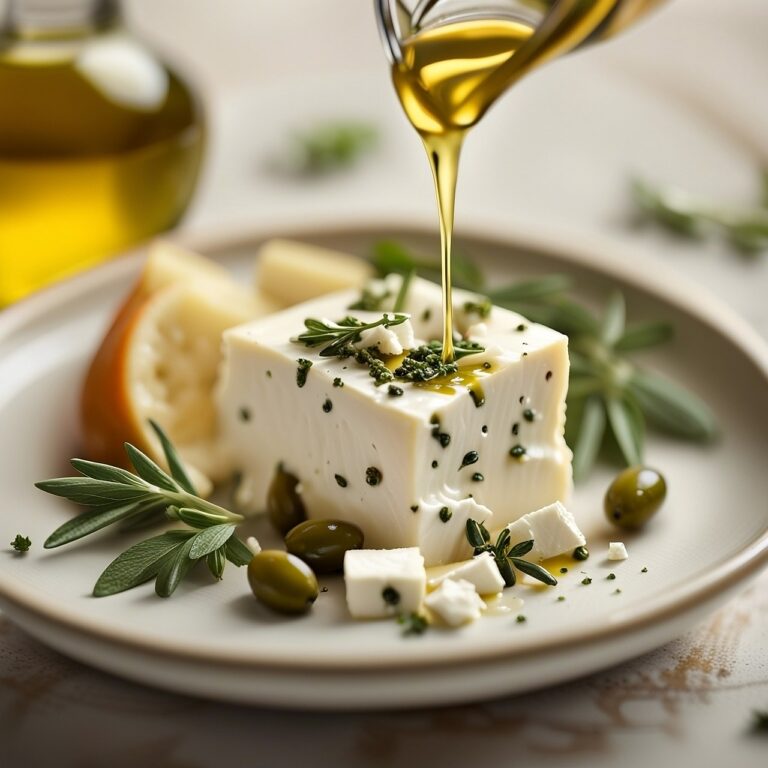Olive Oil and Its Use in Sourdough Bread Making: Cricbet.99, Sky1exchange, Cricbet99 reddy anna
cricbet.99, sky1exchange, cricbet99 reddy anna: Sourdough bread is a beloved staple for many food enthusiasts around the world. The tangy flavor, chewy texture, and crispy crust make it a favorite for sandwiches, toast, and as a side for soups and salads. One of the key ingredients in sourdough bread making is olive oil. Olive oil not only adds a rich flavor to the bread but also contributes to the texture and moisture level, resulting in a perfectly baked loaf. In this article, we will explore the use of olive oil in sourdough bread making and how it can enhance your baking experience.
What is Olive Oil?
Olive oil is a liquid fat obtained from olives, a traditional tree crop of the Mediterranean Basin. It is widely used in cooking, cosmetics, pharmaceuticals, and soaps, and as a fuel for traditional oil lamps. Olive oil is known for its health benefits, due to its high content of monounsaturated fats, antioxidants, and anti-inflammatory properties.
How does Olive Oil Enhance Sourdough Bread?
In sourdough bread making, olive oil serves multiple purposes. It adds flavor and richness to the bread, making it more aromatic and delicious. Olive oil also helps to tenderize the crumb, giving the bread a softer texture. Additionally, olive oil contributes to the moisture level of the dough, helping to retain the bread’s freshness for a longer period.
Moreover, olive oil aids in the fermentation process of sourdough bread. The fats in olive oil provide food for the yeast in the dough, promoting better fermentation and a stronger rise. This results in a well-developed bread with a light and airy crumb.
How to Incorporate Olive Oil into Sourdough Bread Making?
To use olive oil in sourdough bread making, simply add it to the dough during the mixing process. You can replace part of the water in your sourdough recipe with olive oil or mix it in with the other liquids. Olive oil can also be brushed on top of the shaped loaf before baking to add flavor and create a crispy crust.
When choosing olive oil for your sourdough bread, opt for high-quality extra virgin olive oil. This type of olive oil is unrefined, retaining more of the olive fruit’s natural flavors and nutrients. It will impart a superior taste and aroma to your bread, elevating the overall baking experience.
Incorporating olive oil into your sourdough bread making routine is a simple yet effective way to enhance the flavor, texture, and moisture of your loaves. Experiment with different varieties of olive oil to find the perfect match for your sourdough recipe and enjoy the delicious results.
Frequently Asked Questions (FAQs):
Q: Can I substitute olive oil with other fats in sourdough bread making?
A: While olive oil is a popular choice for sourdough bread, you can substitute it with other fats such as butter, lard, or vegetable oil. Each fat will impart a different flavor and texture to the bread, so feel free to experiment and find your favorite.
Q: How much olive oil should I use in my sourdough bread recipe?
A: The amount of olive oil to use in your sourdough bread recipe will depend on your personal preferences and the recipe you are following. Start by replacing part of the water in the recipe with olive oil and adjust the amount to achieve the desired flavor and texture.
Q: Can I use flavored olive oil in sourdough bread making?
A: Yes, you can use flavored olive oil, such as garlic-infused or herb-infused olive oil, in sourdough bread making to add an extra layer of flavor to your loaves. Just be mindful of the intensity of the flavor and adjust the amount of oil accordingly.
In conclusion, olive oil is a versatile ingredient that can elevate the flavor, texture, and moisture of sourdough bread. By incorporating high-quality olive oil into your sourdough baking routine, you can create delicious loaves that will delight your taste buds and impress your family and friends. So go ahead, grab a bottle of olive oil, and get baking!







